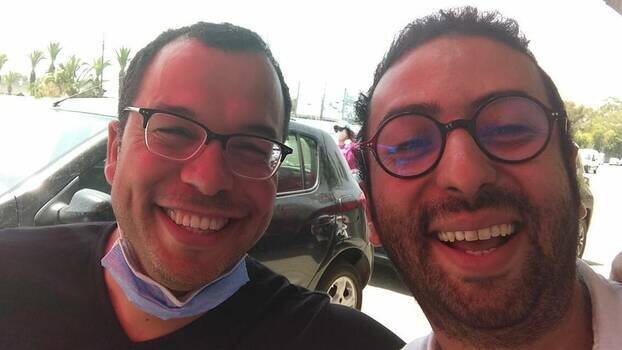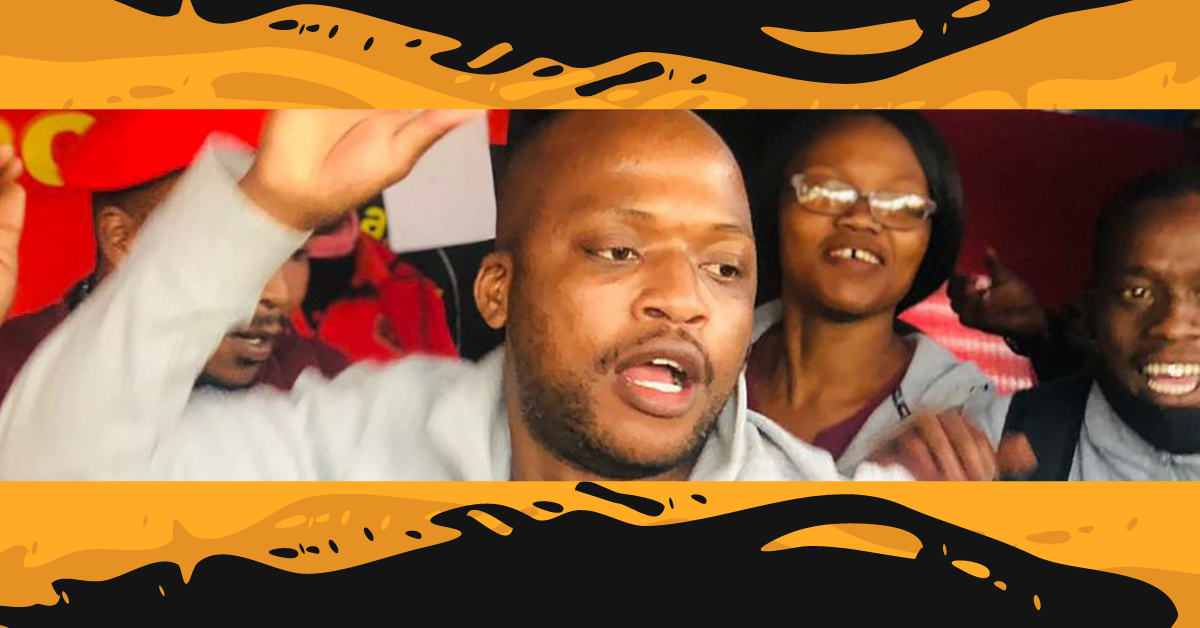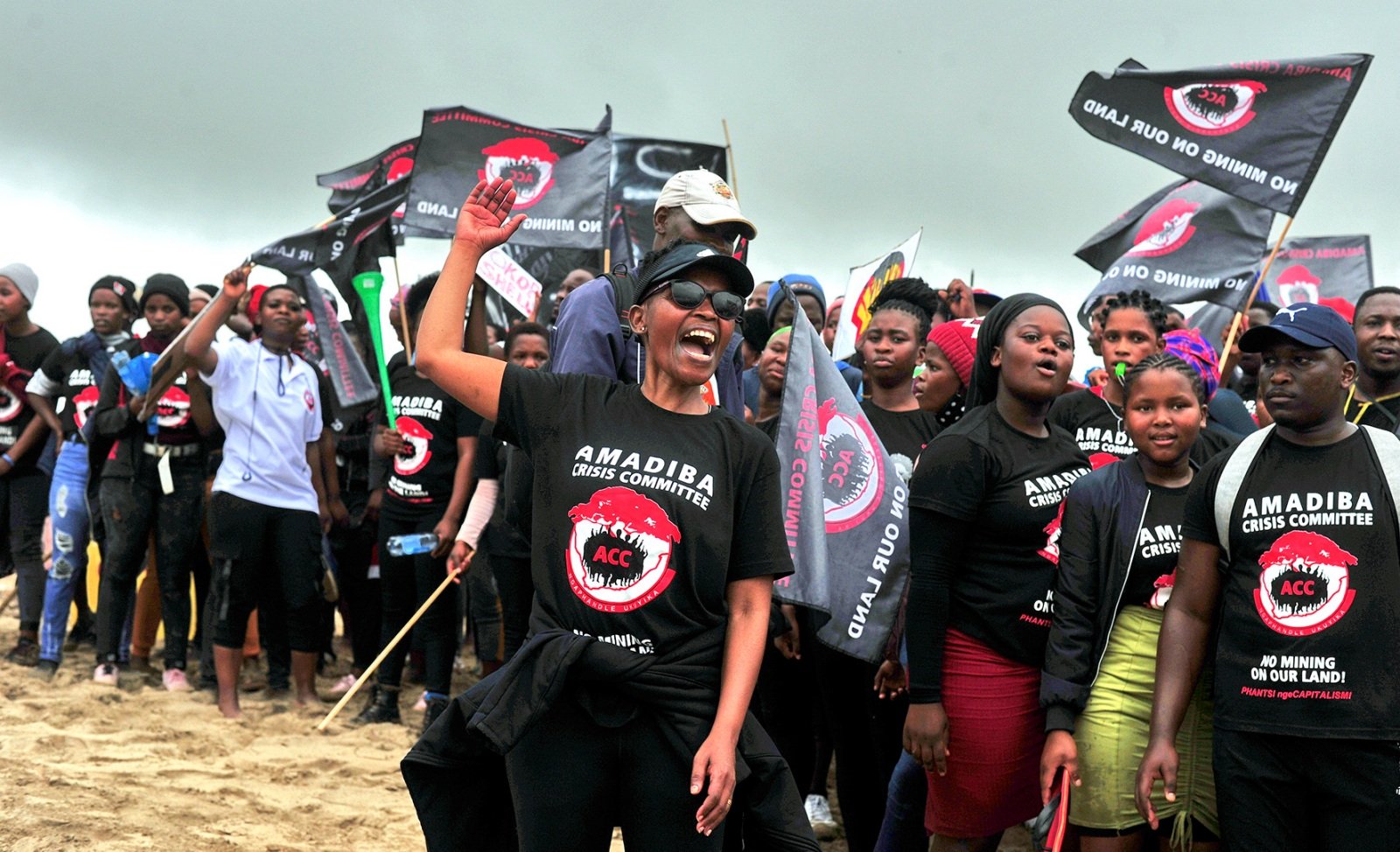A Letter to Omar

Jawad Moustakbal is a member ATTAC/CADTM Maroc, a catalyst partner in the Africa program. ATTAC/CADTM Maroc an action-oriented popular education association committed to the struggles in Morocco against capitalist globalization and the domination of international financial institutions and governmental bodies that support neo-liberal policies. This letter, first printed by the Rosa-Luxemburg-Stiftung Foundation, was written by Jawad to his friend Omar Radi, a journalist, human rights activist and member of ATTAC/CADTM Maroc, who has been held without a trial and in solitary confinement in Casablanca, Morocco since 29 July 2020.
To: Omar Radi
Prisoner ID 26011
Okacha Local Prison
Casablanca, Morocco
Hello my buddy,
How are you? How are things going over there?
We miss you so much. We miss your smile, your jokes, your teasing.
How do you spend your days? You must be reading like never before in your life? I know you like reading, but I know better that you like going out, being with friends, laughing, loving people, being loved… fully enjoying your life!
Do you remember our activist trip to Berlin in September 2018, where we participated in “Connecting Resistances” and presented the film you co-directed on the Hirak movement titled Death Over Humiliation, and the book we co-edited as the Association for the Taxation of Financial Transactions and Citizen Action (ATTAC Maroc) and the Committee for the Cancellation of Third World Debt (CADTM) under the title Rif Hirak: A Heroic Grassroots Struggle for Freedom and Social Justice?
I remember our debates while preparing the documentary. Our greatest concern was to make the voices of thousands of people heard, to reflect the perspectives of those on the bottom— men and women who decided to take to the streets for 10 months with extraordinarily peaceful forms of protest. Women and men who came out to demand justice for Mohsine Fikri, a young fish seller, who was brutally crushed on 28 October 2016 by the press of a waste collection truck after trying to retrieve his confiscated fish that had been thrown in the truck by a police officer. People came out to protest against the horrible hogra—the deep feeling of injustice at the deprivation of dignity by authorities—of which Mohsine Fikri was a victim, and beyond that, the collective hogra from which an entire region had suffered since the end of the 1950s and so-called independence.
I remember that even before starting the editing, we sent the script and the synopsis for discussion among Rif’s activists, among those who were still free and their families. I also remember that for the preparation of the film, you did not hesitate for a moment to go to Al-Houceima when it was still besieged and militarized, with one repression agent for each citizen, as you often said. You wanted to go there to meet families in the city, but also the villages, to illustrate the deep economic, social, historic, and cultural reasons driving the uprising. Unfortunately, you were arrested by the police without even being able to get into Al-Houceima city and you had to return to Casablanca and review your scenario again, review what was possible and available.
I remember very well that whenever we had fun, each time I would tell you that you are only happy and enthusiastic when the “bottle is close to your ass”— a mockery that makes reference to one of the most sadistic torture methods that Moroccan authorities use to brutalize their victims, especially political opponents, which consists of entering a glass bottle into the victim’s anus. If this torture method was and still is the most frightening for political activists, it is not only because it is extremely painful, but also because of the psychological impact this method of torture represents, particularly in a culture that reduces human beings’ honor to their virginity.
I was used to telling you that you are not happy unless you do risky investigations and work on topics that disturb those who hold power, topics dealing with injustice, corruption, relations between power and business, human rights, and social movements. You were passionate about understanding and disclosing ongoing processes of theft and robbery of impoverished people and their territories: their lands, water, and sand. Some of your colleagues find your journalism too investigative and radical. Indeed, your journalism is radical, as is our activism. To be deemed radical is not an insult for us. It is a compliment. To be radical means that we go to the origins of things, to get to the roots of the problems we face, to deal with diseases rather than symptoms. To be a radical is to tell the truth—the whole truth—even if it bothers the rulers.
It is fascinating to note that any serious, honest journalism in our country will definitely disturb the rulers. I remember when we used to laugh, saying that as long as we disturb them—those who really hold the power—then it means we are on the right track. Drawing this parallel between journalism and activism reminds me of something your colleague Ali Anouzla once told me: “In Morocco, to be a journalist you have to be an activist.” Ali Anouzla was also a victim of repression and was arrested by the state for his opinions and his work as a journalist.
On 28 January this year, Maati Monjib, the prominent historian and co-founder of the Moroccan Association for Investigative Journalism, was sentenced to one year in prison. Just like you, Monjib had been the target of police persecution for years and had faced multiple police interrogations since 2015. Both of you, along with Soulaiman Raissouni, have been victims of defamation campaigns by pro-government media outlets that wrote about your trumped-up charges months before you were interrogated by the police. Soulaiman, a brilliant journalist and the editor-in-chief of the Akhbar al-Yaoum newspaper, has been jailed since 22 May 2020.
You, my dear friend, have been in jail since 29 July of last year without even being judged, without your trial even starting, which is also the case for your friend Soulaiman Raissouni. You were arrested after a month of non-stop police persecution—10 summons to the BNPJ (National Brigade of the Judicial Police), with each summons lasting more than nine hours. They started right after the publication of Amnesty International’s report claiming that your mobile phone had been attacked by the Pegasus software developed by the Israeli group NSO.
You received trumped-up charges of “undermining the internal and external security of the state, and rape and molestation”, while everybody knows that your sole crime was freely expressing your opinion about human rights violations and corruption. Your sole crime was to commit yourself and your work to an extent of independence and integrity unbearable to the rulers. You are too honest for them. You are too smart. You are incorruptible and, thus, you are dangerous. In fact, you are undermining their interests and burdening the real rapists, the real mafia that sold the country to multinational corporations.
Whenever I speak to you on the phone from your cell, I am so inspired by your ability to keep smiling and laughing—it is a powerful and inexhaustible weapon of resistance. Every time I talk to you, thinking I am going to cheer you up, I realize it is you who actually cheers me up.
Last Sunday we were together with your comrades and your extraordinary parents, the sweet and intelligent Fatiha, and Ssi Driss, the tireless activist and lover of our country. We celebrated in your honor—we sang for freedom and love, as you like to do, and as we did together just four days before your arrest.
Please keep smiling, laughing, and dreaming my dear Omar. I am sure you will come out of this very difficult episode even stronger than before, with your head held even higher.
I hope we will be celebrating your release very soon!
Warmly,
M. Jawad
Casablanca
24 March 2021
Related Stories



